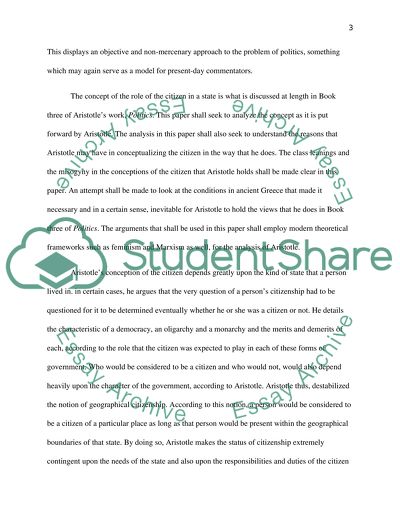Cite this document
(“Conception of the Citizen in Book Three of Politics Essay”, n.d.)
Conception of the Citizen in Book Three of Politics Essay. Retrieved from https://studentshare.org/philosophy/1445044-aristotle-book
Conception of the Citizen in Book Three of Politics Essay. Retrieved from https://studentshare.org/philosophy/1445044-aristotle-book
(Conception of the Citizen in Book Three of Politics Essay)
Conception of the Citizen in Book Three of Politics Essay. https://studentshare.org/philosophy/1445044-aristotle-book.
Conception of the Citizen in Book Three of Politics Essay. https://studentshare.org/philosophy/1445044-aristotle-book.
“Conception of the Citizen in Book Three of Politics Essay”, n.d. https://studentshare.org/philosophy/1445044-aristotle-book.


